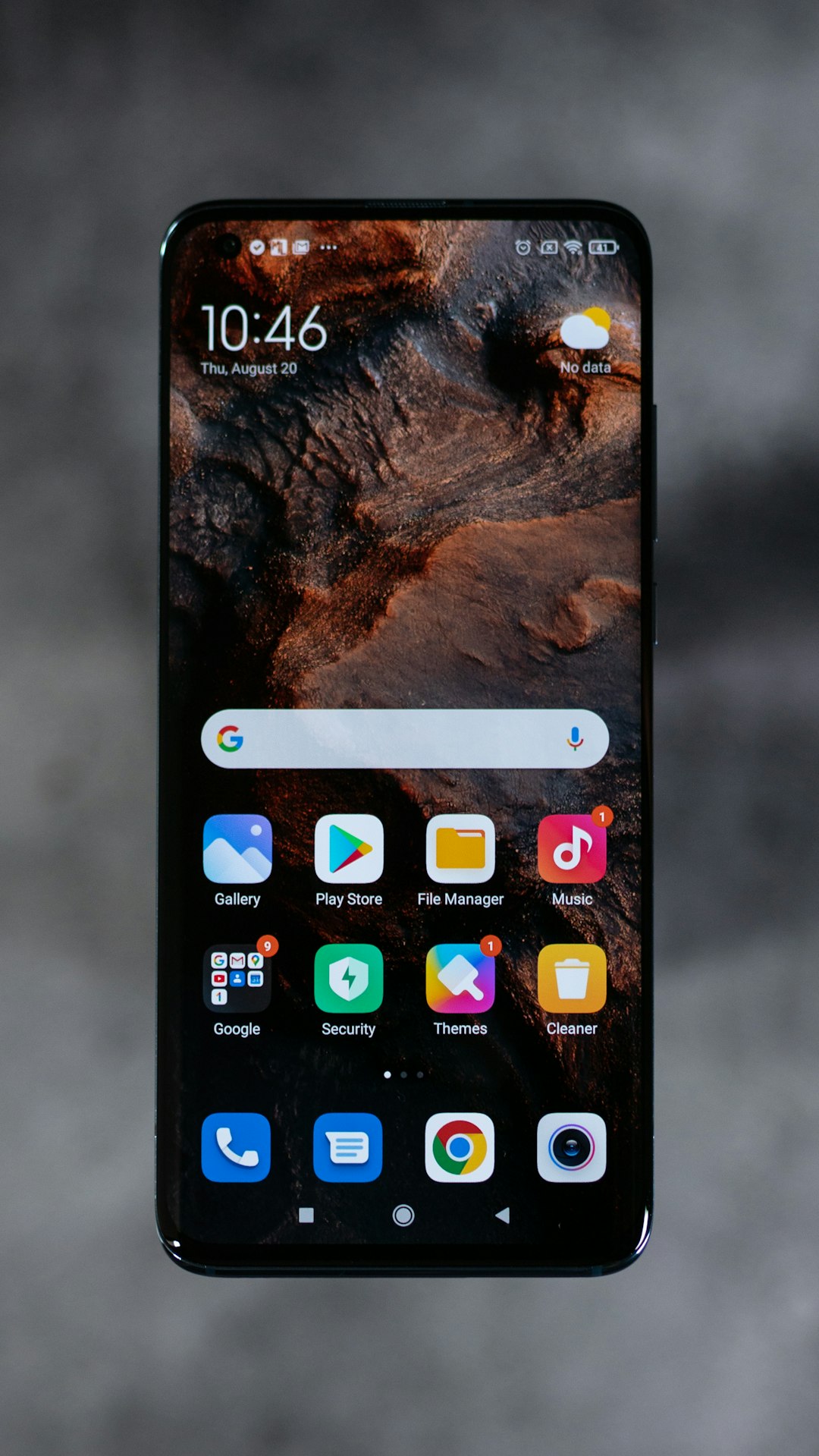Maryland's strict Do Not Call Laws protect consumer privacy in phone and email marketing. Businesses must respect opt-outs, honor preferences for text messages and email, and comply with regulations to avoid legal issues and build customer trust. Effective consent management through clear mechanisms fosters long-term relationships while adhering to critical privacy protections.
In Maryland, understanding and adhering to Do Not Call Laws is crucial for businesses engaging in email and phone marketing. This article delves into the intricacies of these laws, focusing on aligning opt-out preferences across channels. We explore best practices for email marketing, ensuring respect for subscriber choices, and discuss legal compliance in phone marketing. By integrating effective communication strategies, businesses can manage user consent seamlessly, fostering stronger customer relationships while maintaining regulatory alignment.
Understanding Do Not Call Laws in Maryland

In Maryland, respecting consumer privacy and preferences is paramount, especially regarding phone and email marketing. The state has strict Do Not Call laws in place to safeguard residents from unwanted communication. These laws apply not only to telemarketers but also to businesses engaging in similar activities. It’s crucial for marketers to be aware that Maryland residents can register their numbers on the Do Not Call list, opt-out of text messages, and specify preferences for email marketing.
Understanding these regulations is essential for any business looking to coordinate effective email and phone marketing campaigns in Maryland. Compliance ensures not only legal adherence but also fosters trust with customers. By honoring opt-out requests and providing clear mechanisms for preference changes, businesses can enhance their reputation and maintain a positive relationship with their audience.
Email Marketing Opt-Out: Respecting Preferences

Email marketing is a powerful tool for businesses in Maryland, but it’s crucial to respect consumer preferences and opt-out choices, especially considering the state’s strict Do Not Call Laws. When crafting email campaigns, ensuring subscribers can easily unsubscribe or manage their communication preferences should be a top priority.
By providing clear and accessible opt-out options, businesses demonstrate respect for their customers’ rights and avoid potential legal issues. This simple step aligns with Maryland’s consumer protection regulations, fostering trust and encouraging positive customer relationships. Subscribers who feel in control of their data are more likely to engage with brands, making it a win-win strategy for both parties.
Phone Marketing Strategies: Legal Compliance

Phone marketing campaigns, while effective in reaching customers directly, must adhere to stringent legal guidelines, particularly the Do Not Call Laws in Maryland. These laws are designed to protect consumers from unwanted telemarketing calls and ensure their privacy. Marketers must obtain explicit consent before initiating phone calls for promotional purposes, respecting individual opt-out preferences.
Compliance with Do Not Call Laws is crucial to avoid penalties and maintain a positive brand image. Businesses should implement robust systems to track customer preferences, including those who have opted out of phone marketing. By adhering to these legal requirements, companies can foster trust and build long-lasting relationships with their target audience in Maryland’s competitive market.
Aligning Opt-Out Across Channels

In the digital age, marketing strategies must evolve to respect consumer preferences and legal guidelines. One critical aspect is aligning opt-out choices across various communication channels. For businesses operating in Maryland, understanding and adhering to Do Not Call Laws is essential. When a customer opts out of receiving phone calls or emails, it’s crucial for marketers to immediately update their records to ensure compliance.
By coordinating opt-out preferences between email and phone marketing efforts, companies can create a seamless experience for their customers. This practice not only avoids potential legal issues but also fosters trust and encourages long-term customer relationships. Effective coordination means that a customer who opts out of receiving phone calls will automatically be excluded from email campaigns as well, ensuring their privacy is respected at all times.
Effective Communication: User Consent Management

Effective communication is paramount in email and phone marketing, especially regarding user consent management. Businesses in Maryland must respect consumer preferences, adhering to state regulations like the Do Not Call Laws. These laws provide individuals with control over their privacy, allowing them to opt-out of telemarketing calls and text messages.
By implementing clear and concise opt-in/opt-out mechanisms, companies can ensure compliance and build trust with their audience. Effective communication means clearly communicating these preferences to customers, both in marketing materials and on the company’s website. It also involves promptly updating contact lists based on user choices, ensuring that marketing efforts remain respectful of individual privacy wishes.






